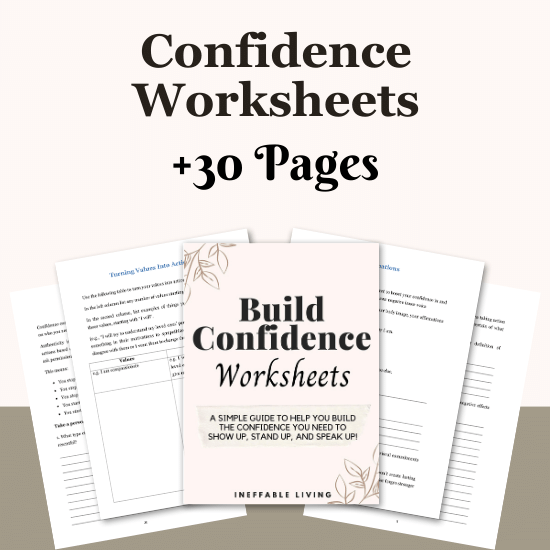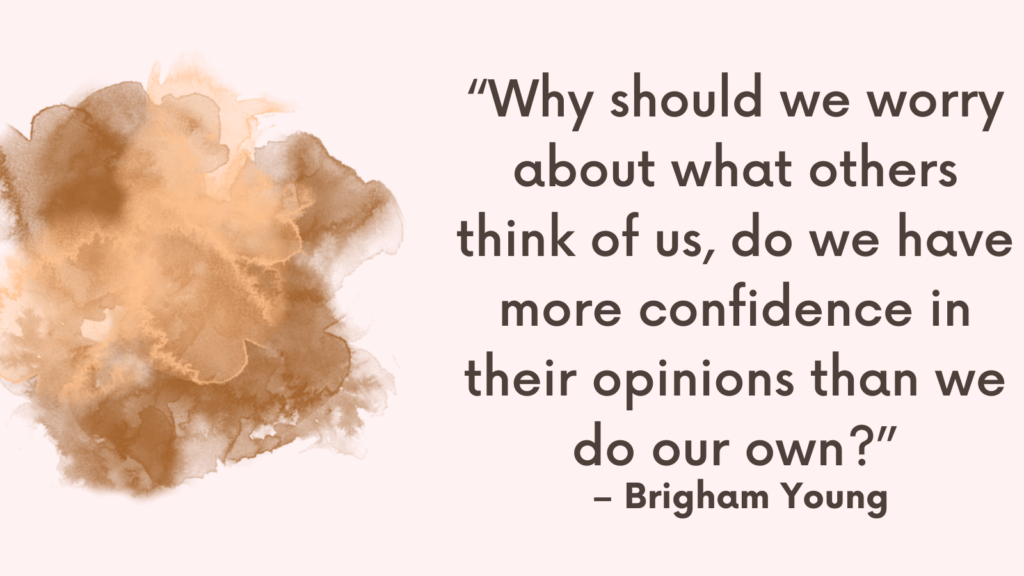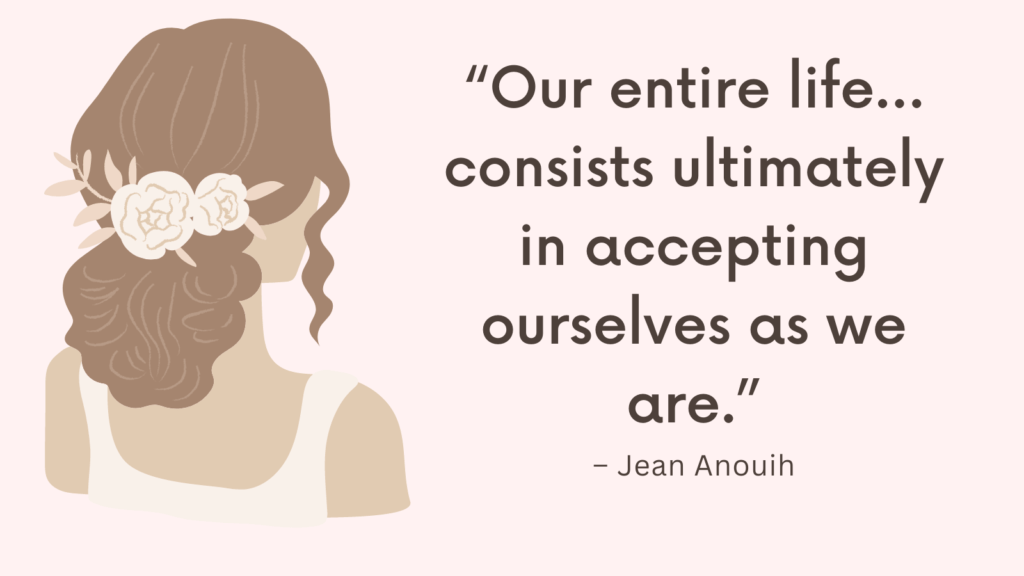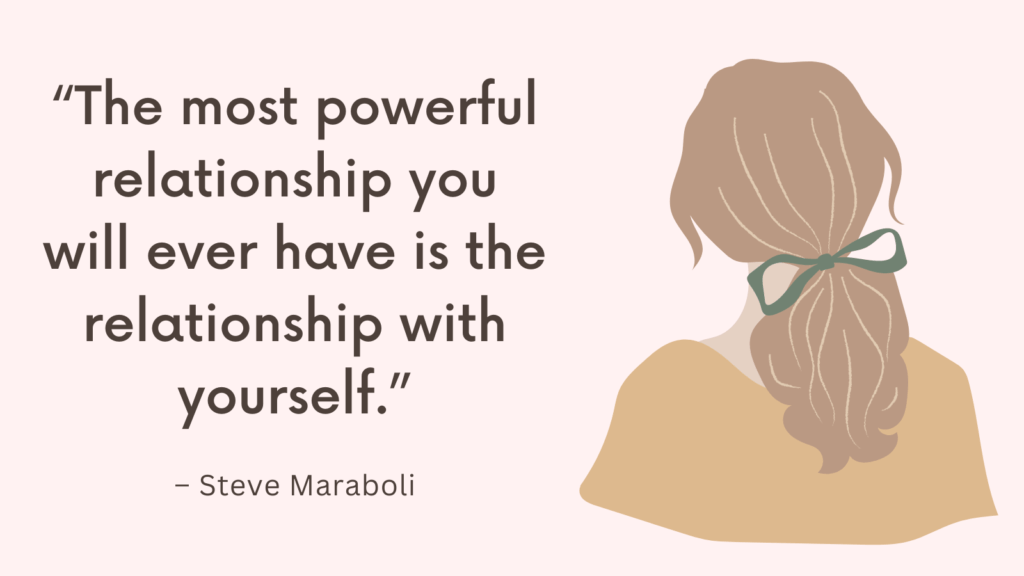In this post, you’re going to learn how to stop taking things personally.
Taking things personally is a common behavior that can disrupt personal happiness and relationships.
Often, we find ourselves reacting to comments or situations that may not be intended to offend or hurt us.
This reaction is not only about the external triggers but also about our internal narratives and how we interpret the world around us.
Understanding the Habit of Taking Things Personally
The tendency to take things personally stems from a defensive mechanism that can be deeply ingrained in our behavior.
It often serves a function, such as protecting our ego or justifying our actions.
However, this behavior usually stems from deeper feelings of insecurity or a lack of self-esteem.
Interestingly, taking things personally can sometimes provide a vindicating feeling.
It allows us to play the victim and garner sympathy from others, reinforcing our self-perceived righteousness.
However, this is a fleeting satisfaction that ultimately builds walls around us, leading to isolation and ongoing insecurity.
Related: Rejection Sensitive Dysphoria Test (+FREE Worksheets)
How To Stop Taking Things Personally?
1. Increase Self-Awareness and Challenge Your Perceptions
– Check Your Stories: Separate facts from the narrative you create around an event. For example, a comment about your appearance might stem from cultural norms rather than personal criticism.
– Mind Reading: Recognize when you’re assuming to know what others think. More often than not, these assumptions are incorrect and skewed by our insecurities.
2. Establish Clear Boundaries
– Understand What You Can Control: Identify what aspects of the situation are within your control and what are not. Focus on your actions and reactions, rather than trying to control others’ behaviors or opinions.
– Emotional Ownership: Take responsibility for your emotions. Understand that how you feel is a result of your interpretations and not just the actions of others.
Related: People Pleaser Quiz (+Top 21 Proven Ways to Stop People Pleasing)
3. Build a Solid Foundation of Self-Worth
– Reflect on Your Values: Determine the kind of person you want to be and align your actions with these values. This alignment helps solidify your self-identity and lessens the need for external validation.
– Seek Feedback Constructively: Be open to feedback without feeling threatened. Use it as a tool for personal growth rather than a weapon against your self-esteem.
4. Practice Assertive Communication
– Express Your Needs and Feelings: Learn to communicate your thoughts and feelings clearly without being passive or aggressive. This clarity can prevent misunderstandings that lead to taking things personally.
– Ask for Clarification: When in doubt, ask for more information to ensure that you fully understand the intent behind words or actions that might initially seem hurtful.
Related: Fear of Disappointing Others: Top 10 Ways to Overcome it

Conclusion
Taking things personally is often a sign of deeper emotional triggers related to self-worth and identity.
By working on emotional resilience, we can respond to critiques or seemingly negative interactions with a healthier perspective.
This doesn’t just improve our interpersonal relationships but also enhances our overall emotional wellbeing.
Through self-awareness, setting boundaries, reinforcing our self-worth, and improving communication, we can transform how we interact with the world.
Rather than reacting defensively to perceived slights, we can choose to respond with understanding and confidence.
This shift not only reduces personal stress but also opens the door to more genuine and supportive connections with others.



